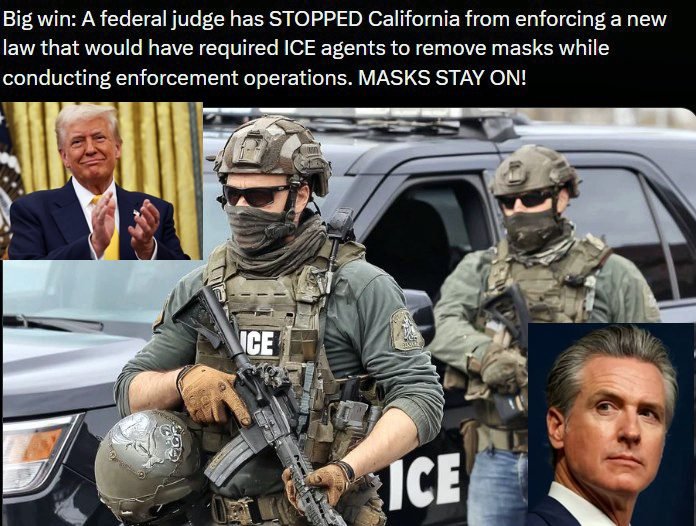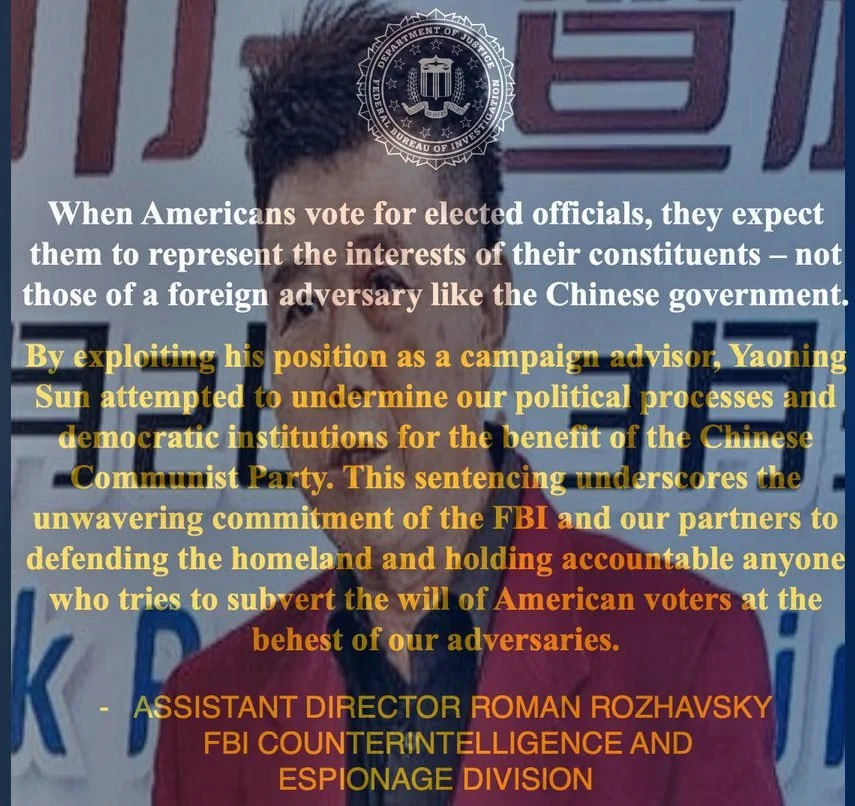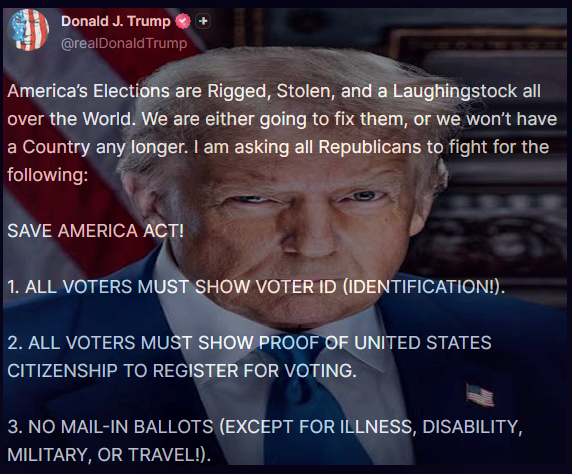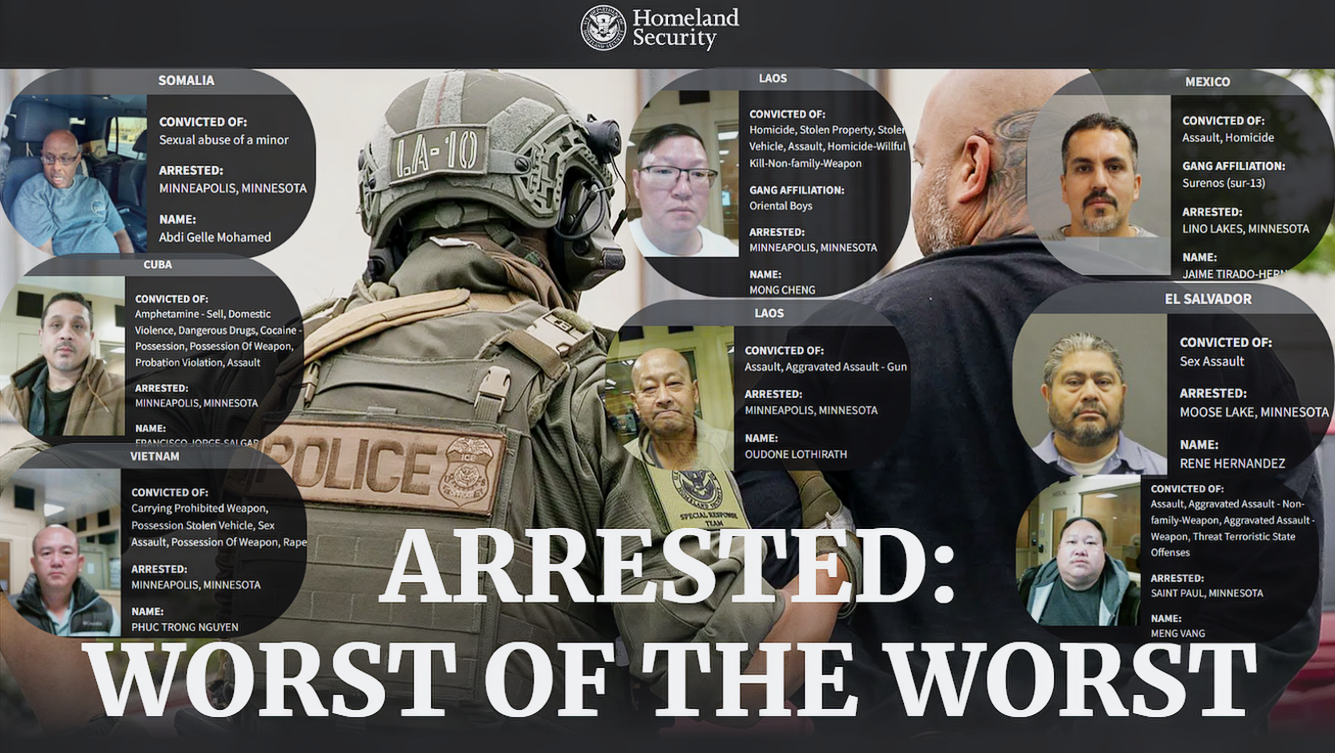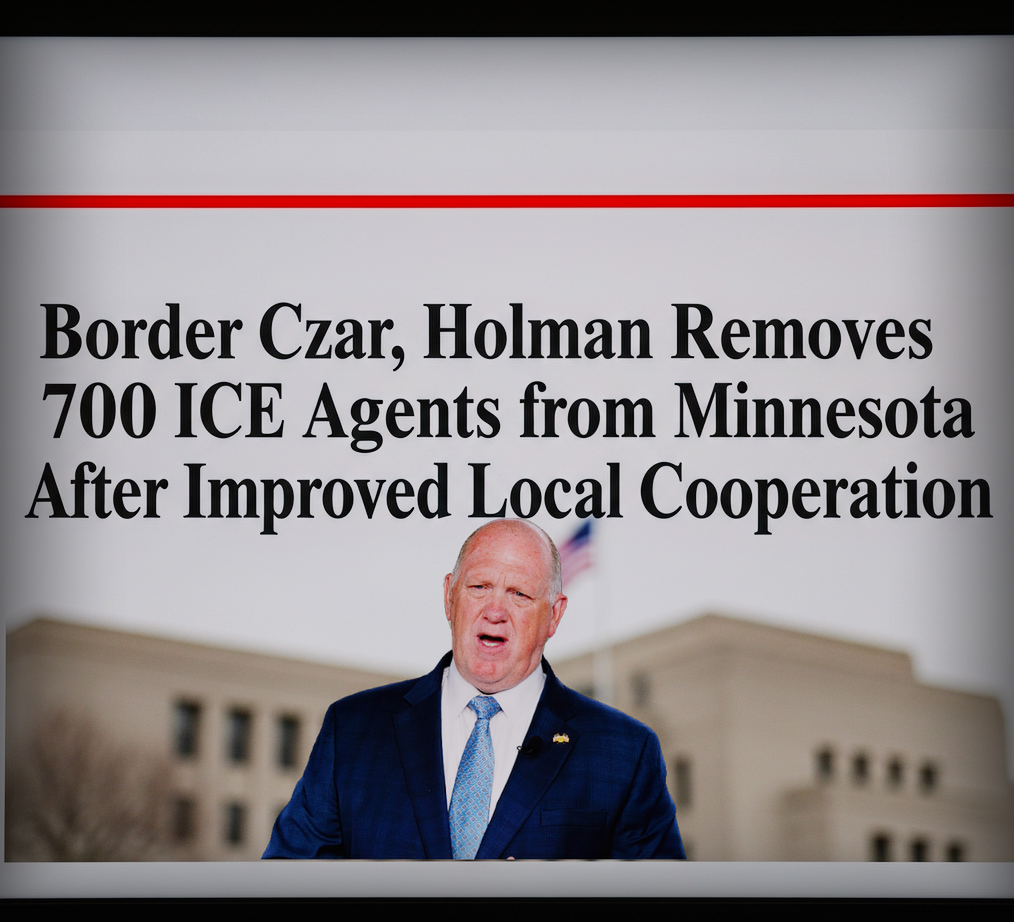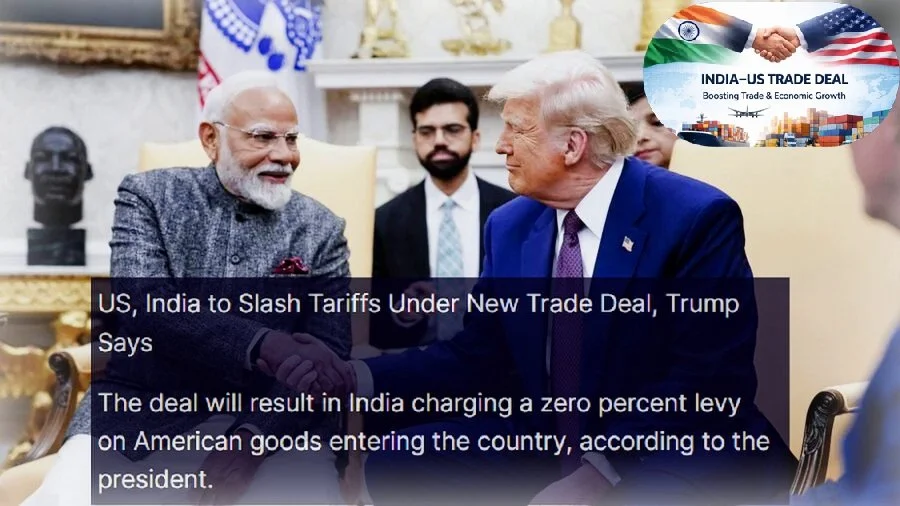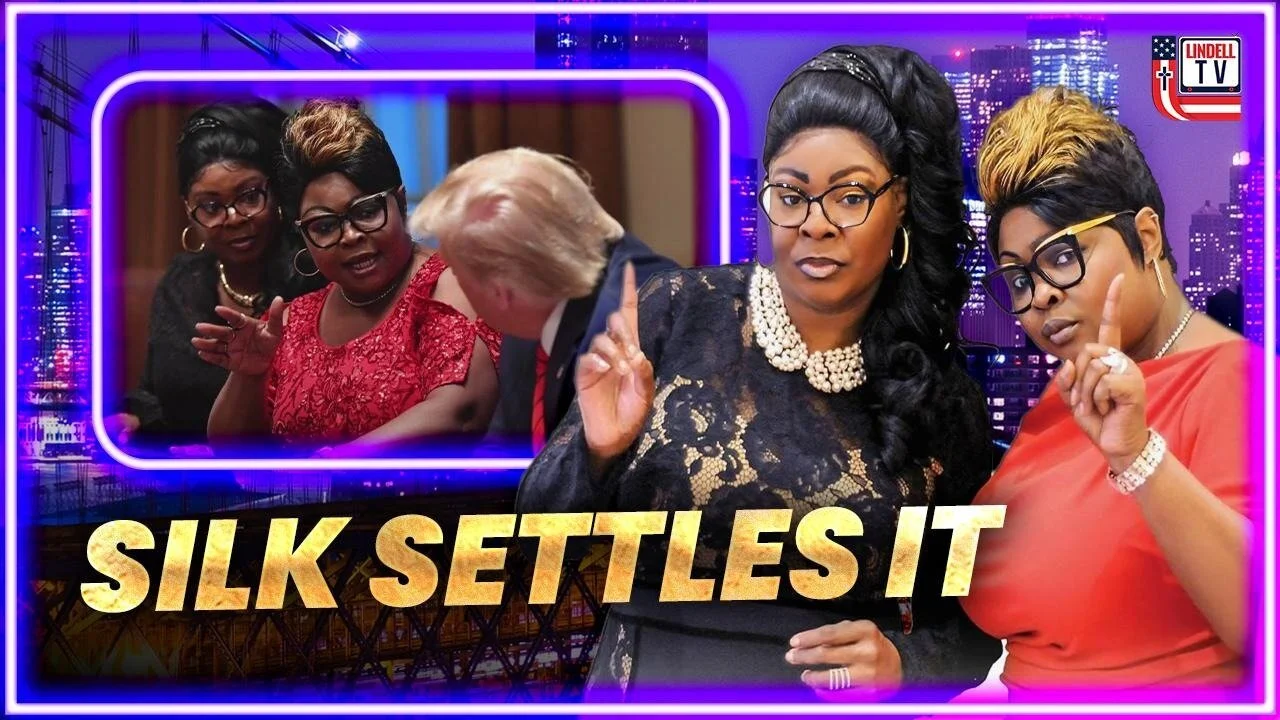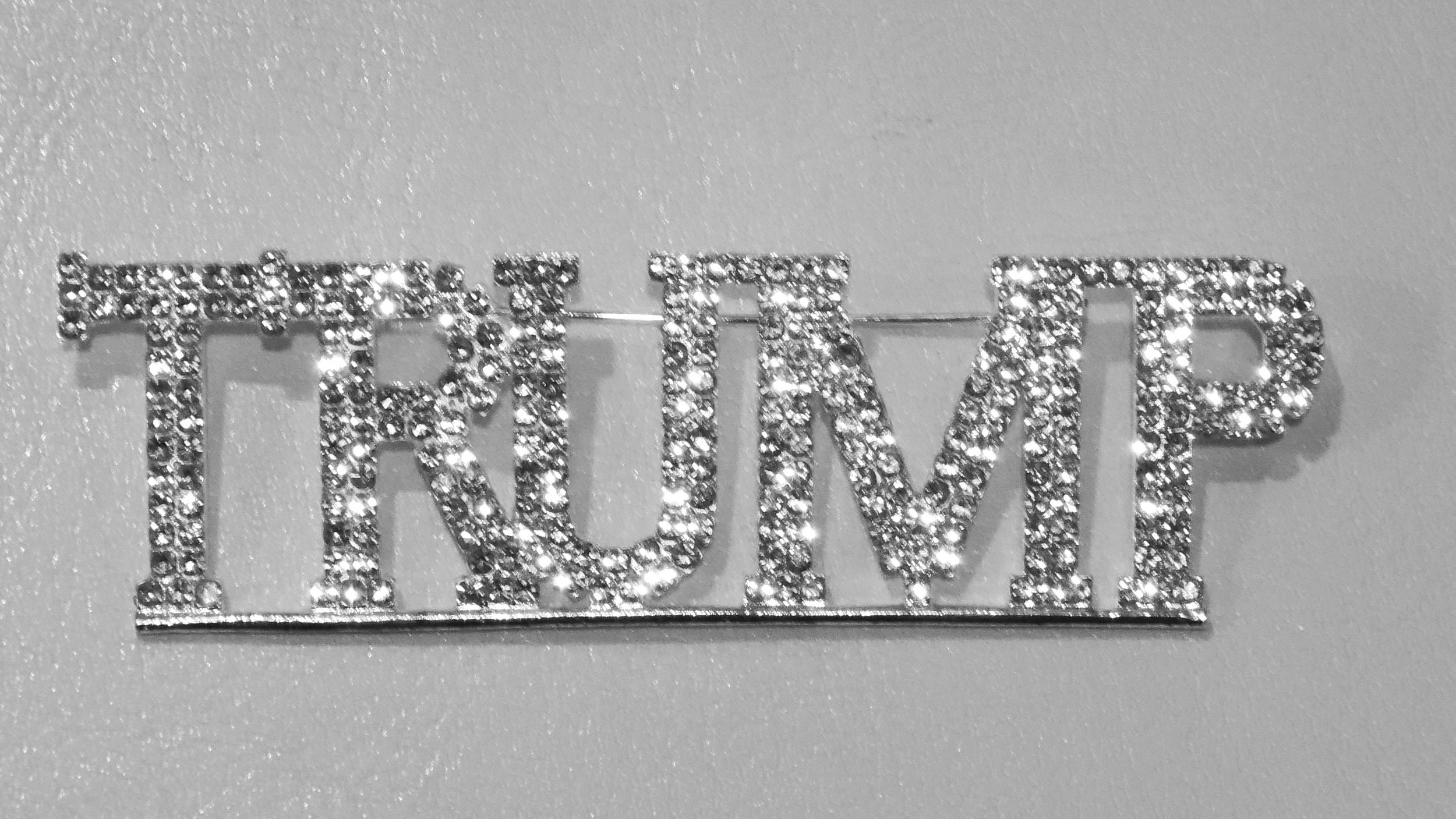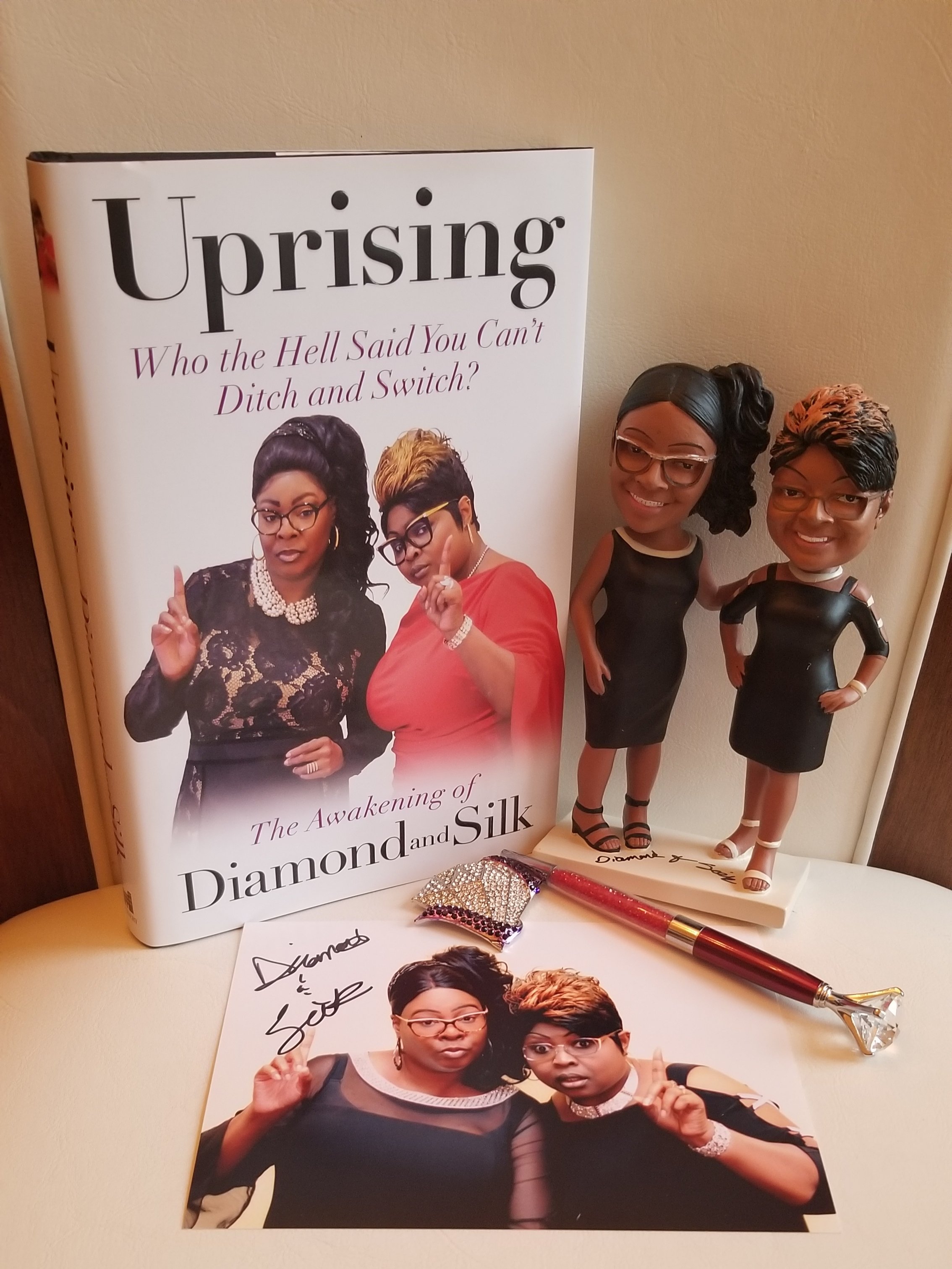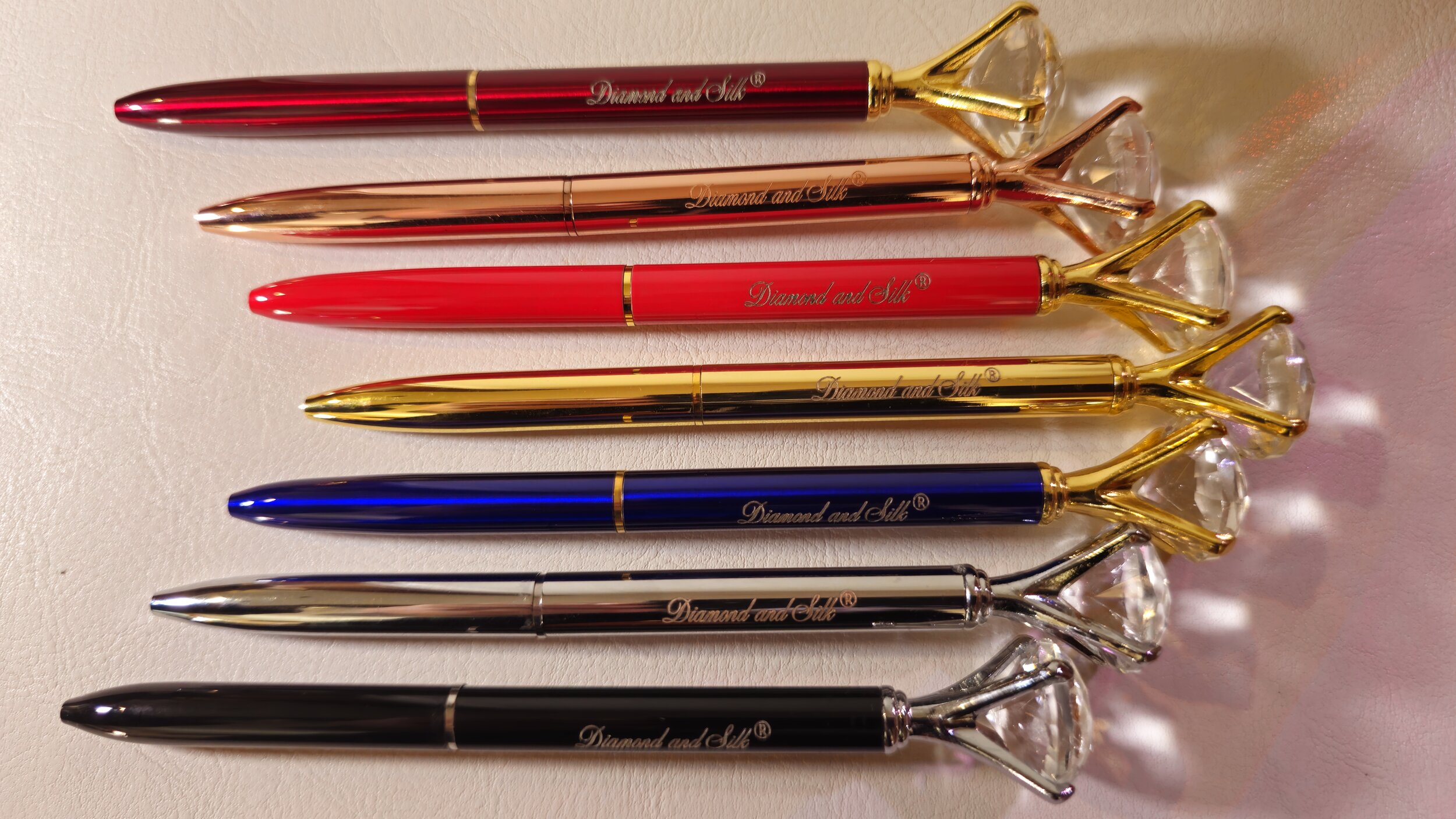President Trump Sends Direct Message to Foreign Firms after Largest ICE Raid in U.S. History at Hyundai Georgia Battery
By The Blog Source
After ICE arrested about 500 workers at Hyundai's Georgia battery plant in the biggest immigration raid in American history, President Donald Trump ordered foreign businesses doing business in the US to "hire and train American workers."
During a raid on September 4, ICE arrested roughly 200 Latino employees and more than 300 South Korean nationals at Hyundai's battery facility in Georgia. Trump emphasized that foreign businesses must hire and train American people while adhering to U.S. immigration rules. The consequences have shaken South Korean companies; LG has delayed battery manufacturing, and Hyundai has limited staff travel to the United States.
The immigration raid at Hyundai's battery facility in Georgia demonstrates the Trump administration's unwavering enforcement of immigration law. Homeland Security officials described the Sept. 4 operation, which resulted in the detention of hundreds of foreign workers, including instructors and engineers, as the largest single-site enforcement action in U.S. history. Pictures of chained South Korean laborers crammed into buses stirred investor fears and fury in Seoul.
President Trump reiterated that foreign businesses are welcome to invest in the United States in a message posted on Truth Social, but he emphasized the responsibility that goes along with such investments. Trump said, "What we ask in return is that you hire and train American workers." He added that, although it is lawful to bring in talented labor, creating opportunities for American residents must come first. "I would say that they were illegal aliens, and ICE was just doing its job," Trump said bluntly while addressing reporters afterward.
Foreign companies are allowed to bring in specialized expertise, but they must make sure all workers enter the nation lawfully and with the appropriate permits, according to White House spokesperson Abigail Jackson, who defended the crackdown. She restated Trump's overarching industrial strategy, which aims to make the United States the most competitive location in the world to do business while bolstering American supply chains.
South Korea rushed to control the consequences. After striking a deal with Washington, Seoul stated that the 300 detained citizens will be freed and sent home on chartered planes. Trade Minister Yeo Han-Koo acknowledged the widespread concern, while other officials promised to investigate changes to immigration procedures to avoid a recurrence. Nevertheless, the raid rocked corporate Korea. Samsung tightened limits on business travel to the United States, Hyundai prohibited staff travel, and LG Energy delayed the commencement of battery manufacture at the Georgia site until at least 2026.
The stakes are huge, both politically and economically. Just a few weeks ago, Korean companies pledged $150 billion in direct American spending, and South Korean President Lee Jae-Myung traveled to Washington to push a $350 billion U.S. fund for Korean investment. With visa limitations, pay increases, and increased immigration scrutiny affecting profitability, those pledges suddenly seem less assured.
Trump's message is clear: foreign investment is welcome in America, but not at the price of American jobs, immigration laws, or sovereignty. The problem for Korean corporations is similarly clear: either adjust to U.S. regulations or risk interruptions that might put billions of dollars' worth of planned investments at risk.
To join the Diamond and Silk Monthly Supporter Program, visit http://SupportDiamondandSilk.com.
Lindell TV, VOCL, ChatDit, Rumble, TruthSocial, and Diamond and Silk Media are all excellent ways to stay connected with Diamond and Silk.







